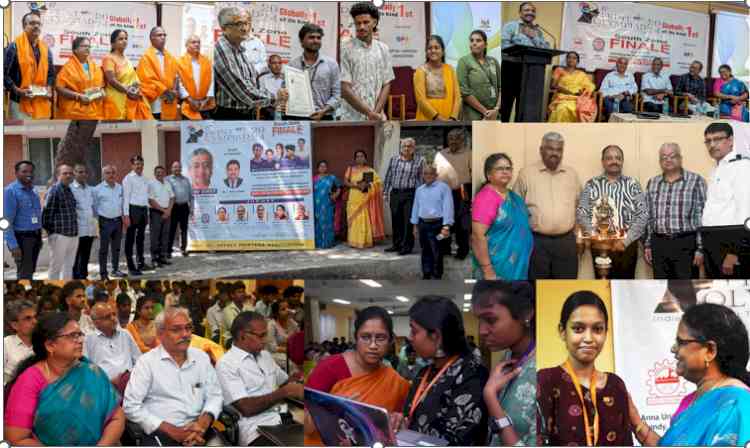Rate Cut to provide much need competitiveness to Indian exports: FIEO
Author(s): City Air NewsShri S C Ralhan, President, Federation of Indian Export Organisations (FIEO). Ludhiana, September 29, 2015: Shri S C Ralhan, President, Federation of Indian Export Organisations (FIEO), while commenting on the rate...


Shri S C Ralhan, President, Federation of Indian Export Organisations (FIEO).
Ludhiana, September 29, 2015: Shri S C Ralhan, President, Federation of Indian Export Organisations (FIEO), while commenting on the rate cut by 50 basis points to 6.75%, stated that this would stimulate credit off-take which had fallen to levels of 4.8% from 10.2% in the corresponding period last year and also reflect on IIP data which had shown traction (4.2%), provided policy transmission flows down to the Industry and banks comply with the same. This has unfortunately not been the experience in the present calendar year when interest rates were reduced thrice by RBI in January, March and June by 25 basis points each, till April 2015 there was no transmission of these rate cuts and only in May 2015, the average base rate declined marginally. President FIEO said that immediate re-introduction of interest subvention for all sectors of exports at this stage will help exporters to get credit at competitive rate to manage their competitiveness which has also been eroded due to steep depreciation of currencies.
FIEO chief stated that the dismal policy transmission prompted RBI to appeal to banks and issue draft guidelines that require banks to use the ‘marginal cost of funds’ method for base rate computation which would be implemented only from 1st of April 2016 and even with this a cap on the spread on loans needs to be announced so that the base rate effectively reflects the floor rate.
President FIEO stated that while exports are down for a consecutive 9 months, a relatively weaker currency has not led to any rise in export volumes and several explanations for this phenomenon have been given including the quantitative easing activities in the US, Europe and Japan have served to boost asset values much more than consumer demand, an analysis that is reinforced by the anaemic wage growth of the US middle class due to which the REER (Real Effective Exchange Rate) elasticity of gross real exports fell in absolute value from an average of 1.1 at the beginning of the period to 0.6 at the end of the period.
Date:
Tuesday, September 29, 2015

 cityairnews
cityairnews 
















